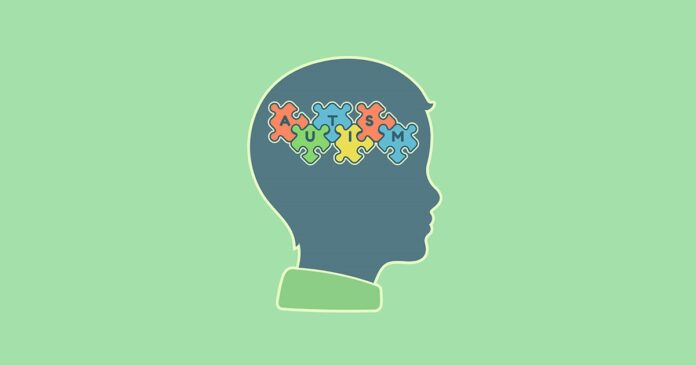Autism is one of the leading neurodevelopmental disorders in the world. We live in a diversified world with people of different economic backgrounds and also challenges. Many people process information differently and at different paces, and autism is among the least understood topics, especially in Nigeria.
However, due to several efforts by schools and individuals, more people are becoming aware of the disorder.
What is Autism?
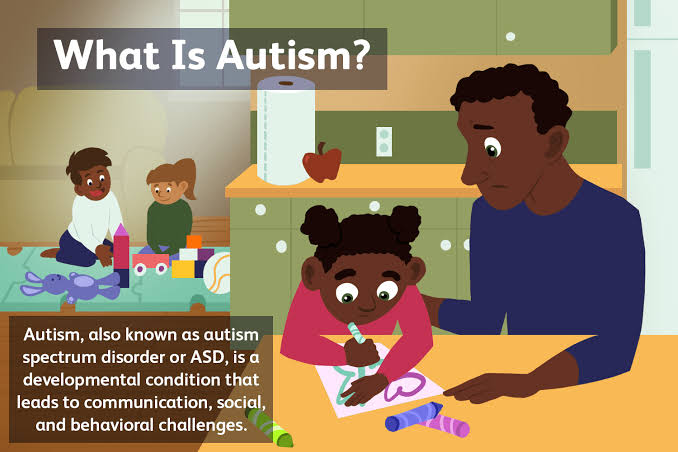
Autism is a neurodevelopmental disorder. Neurodevelopmental disorders are a group of disorders that affect the development of the nervous system. These disorders often affect an individual’s learning ability, self-control, motor function, language, non-verbal communication, and memory.
Examples of these disorders are ADHD (Attention Deficit Hyperactivity Disorder), Tic disorders, dyslexia, and Down Syndrome.
Autism is a condition that affects how a person understands the world. According to APA, its characteristics include impairments in social interaction and communication.
People with autism perceive the world differently and have different ways of responding to situations. It is important to note that it occurs in all racial, ethnic, and socio-economic groups.
Autism covers a wide spectrum because there is a wide variation in the type of symptoms individuals experience. This simply means that there are different symptoms that occur in each child’s life.
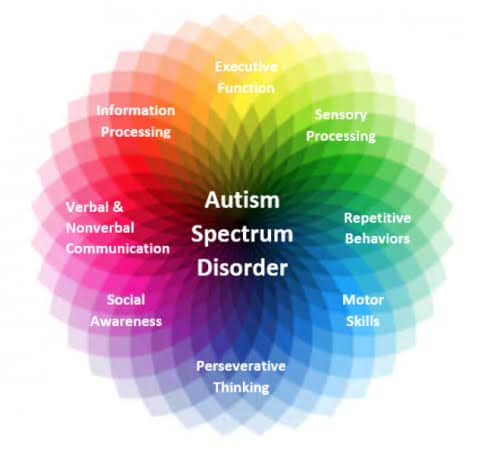
Cause of Autism
This remains a mystery. Various pieces of research show certain inherited genes and interactions with the environment that can predispose a person to autism.
These include having an immediate family member with autism, being born to older parents, low birth weight, metabolic imbalances, and environmental toxins.
SEE: Popular Nigerian Childhood Myths
Diagnosis of Autism
Diagnosis is based on human behavior, not anything else, and can be carried out by a team of specialists. This team may include child psychologists, occupational therapists, or speech and language pathologists.
Common signs that an individual could be autistic include;
- No response to name by 6 months.
- No babbling by 12 months.
- Loss of language or social skills.
- No gestures such as pointing and waving by 12 months.
SEE: Popular Nigerian Festivals
Effects of Autism
Social interaction
Social interaction is the most noticeable feature of autism. Impairments in social skills present many challenges for individuals with autism. Making and keeping relationships can often be difficult for them.
READ: Stress: 10 ways to manage it
Communication impairment
Differences in communication are noticed from the child’s first year. This includes delayed babbling, unusual gestures, and lessened responsiveness. Autistic children often show less attention to social stimuli and also might respond less to their own names.
SEE: Mental Illness: Causes and Perception in Nigeria
Presence of repetitive behavior
These include repetitive movements and ritualistic behavior such as rocking back and forth and flapping their hands.
Children with autism usually engage in repetitive, restricted, and stereotyped behavioral patterns. These can appear in different forms. The child could arrange objects in a specific manner, or become overly interested in a particular thing or topic and devote all their attention to it.
Many people with autism often have problems processing emotional and sensory stimuli, which may eventually lead to the possibility of meltdowns occurring. They also show resistance to change and have restricted interests.
READ: Depression In Nigeria
Autism In Nigeria
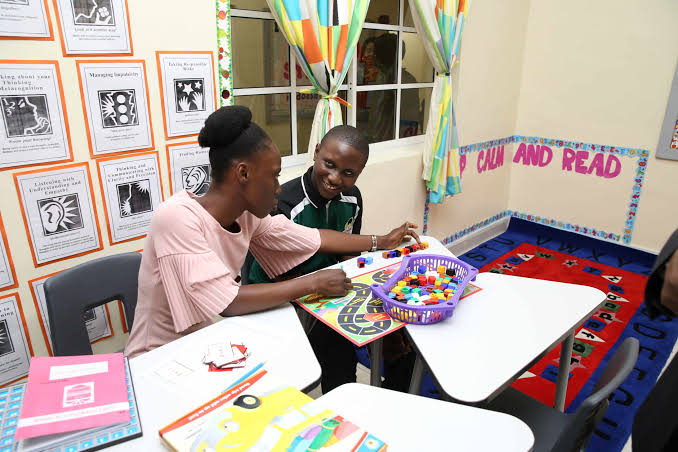
Autism represents one of the most common developmental disorders affecting children, but there are few reports on autism in African children.
In Nigeria, although there are efforts to increase awareness and acceptance of individuals, it is limited. There are still families who keep their children in hiding. There are also places where autism is still mistaken for something entirely different.
Myths regarding autism in Nigeria include;
- Autism is Spiritual: Due to its nature, Nigerians attribute it to demonic possession or spiritual sickness.
- It is a result of bad parenting: Have you ever heard of the “refrigerator mother hypothesis”? This alleges that autism is caused by mothers who lack emotional warmth.
- People with autism cannot learn: Autistic individuals are usually criticized for being mentally challenged.
- Autism is a mental illness and people with autism are intellectually disabled: It’s not an illness. People always think autism is a sickness, something to be fixed or cured and it’s not true.
- Autism has a cure: Okay, one important thing we also need to understand is that autism does not have a cure. It is a lifelong disorder.
These are only some of the million Autism myths. Through ignorance, people spread these stereotypes and misconceptions which not only affects the community but the families.
An overview of Autism
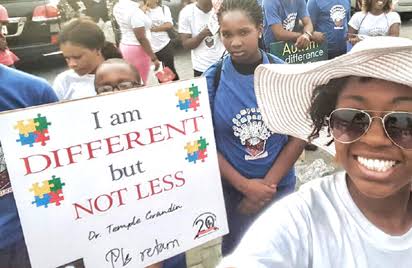
In the past, there was not much awareness of autism in Nigeria’s healthcare sector as doctors did not know the types of Autism, or often misdiagnosed it.
Some families also assumed that autism is a white man’s disease and did not pay attention to it. Because of this, they hid their children from society, either scared or embarrassed about their loved ones.
Luckily, there have been efforts put in place to try to increase awareness and push for inclusion in Nigeria. This includes the creation of schools that cater to children with differences. Certain individuals and corporations like Guaranty Trust Bank come up with ideas on how to improve the situation of ignorance.
These efforts affect society greatly, but not much has been done by the government. Despite its high prevalence, the government has not put so much effort into making healthcare services cheaper or available.
READ: 10 Best Private Hospitals in Port Harcourt
Conclusion on Autism in Nigeria
Although there is no cure for people with autism, there are various therapies and treatment options. Make no mistake, people living with autism do great things and live fulfilled lives. Just watch the movie My Name is Khan for a good example.
The greatest challenge we face as a country is ignorance. The more people understand what it is to be on the spectrum, the better it would be for the affected individuals and their family members.



